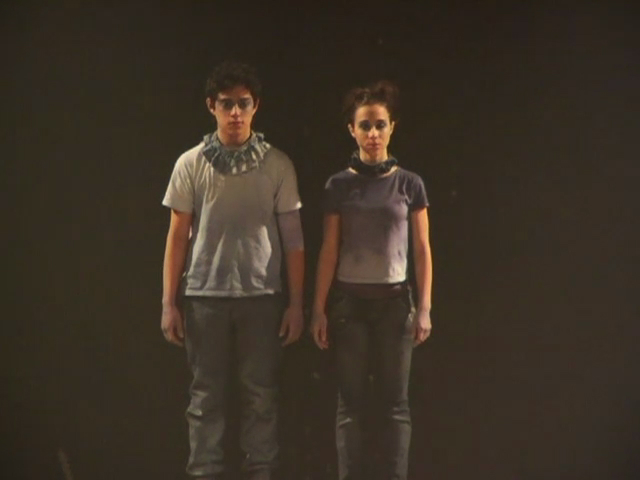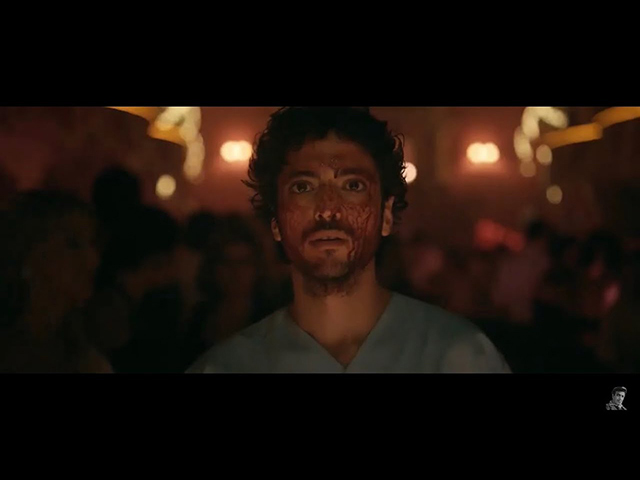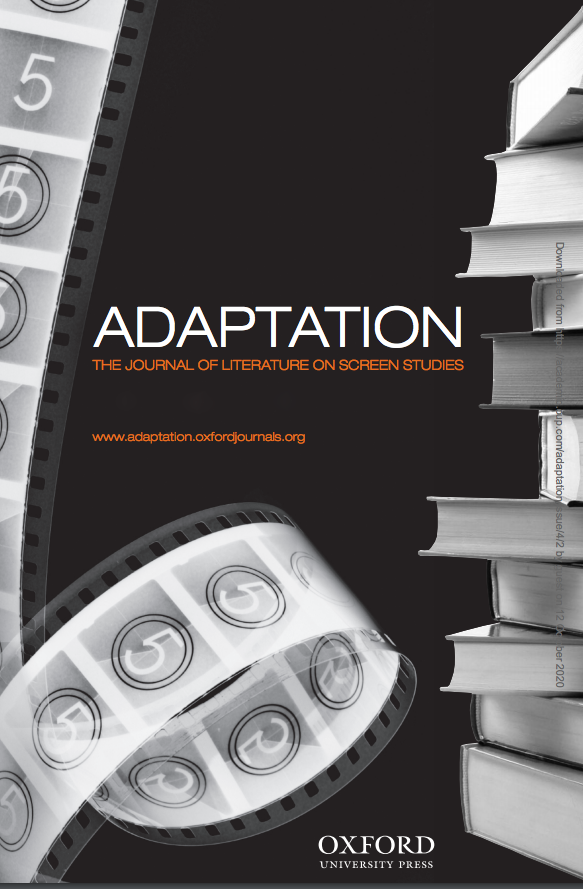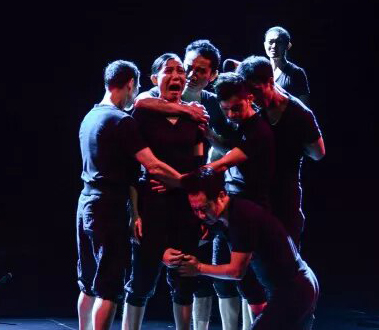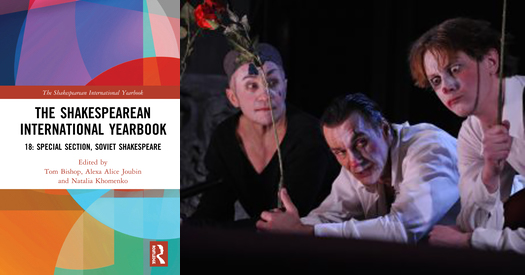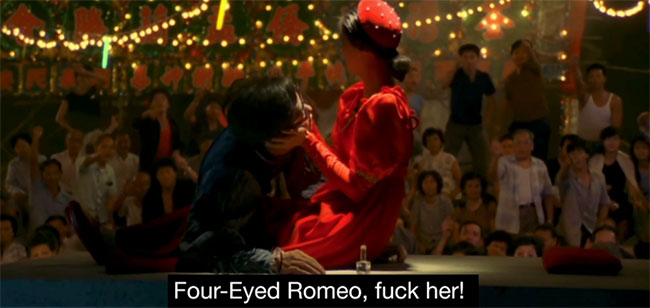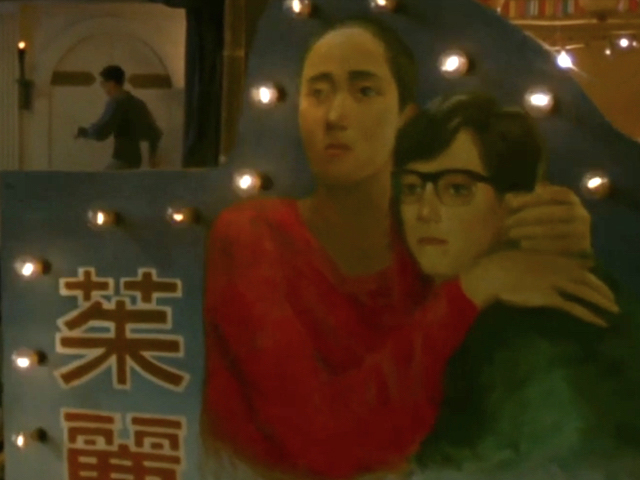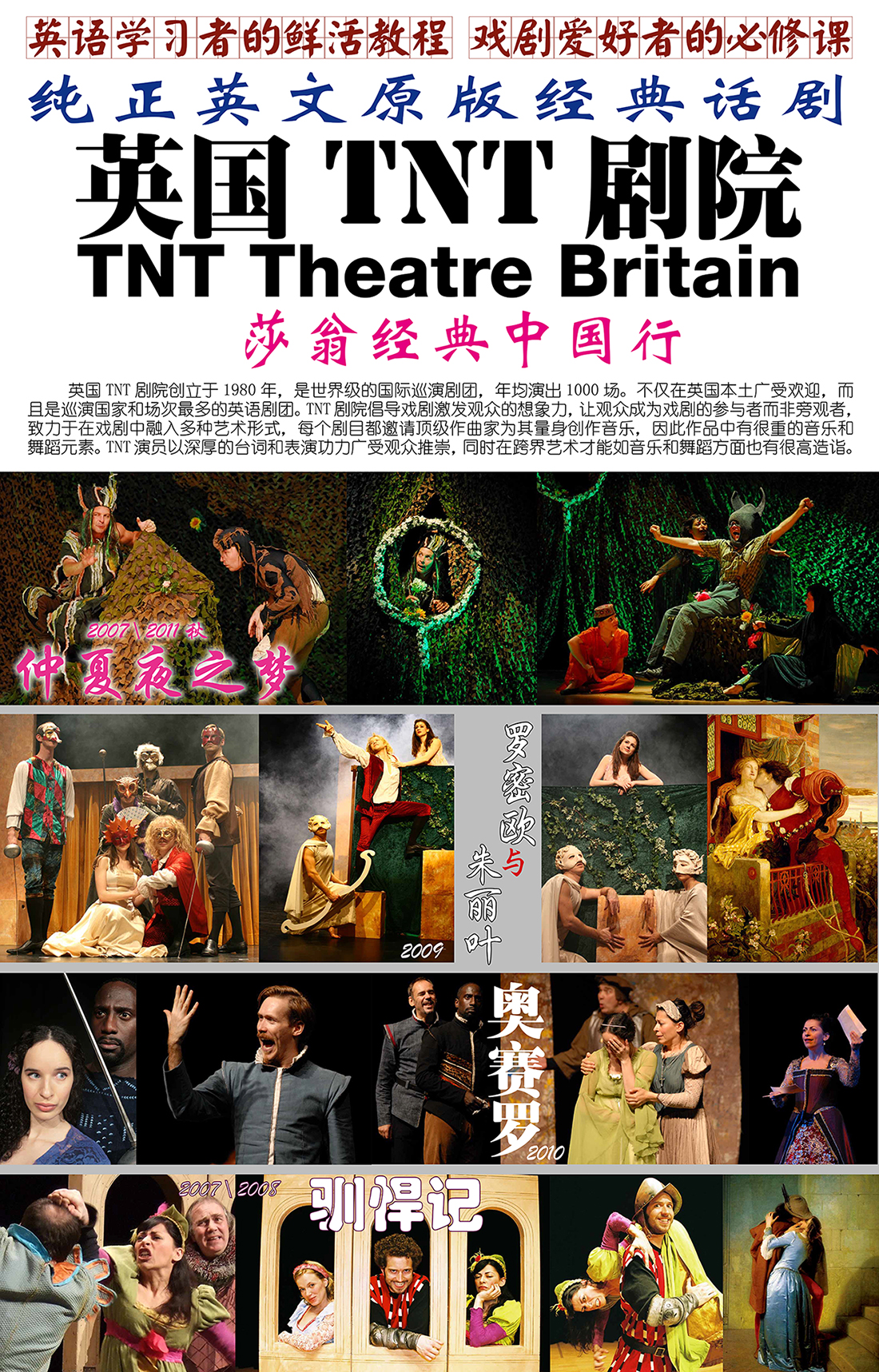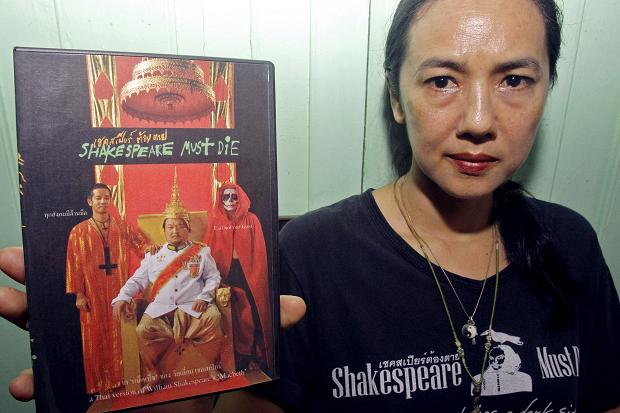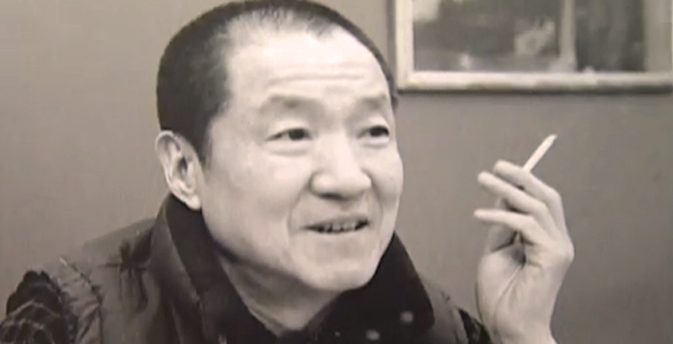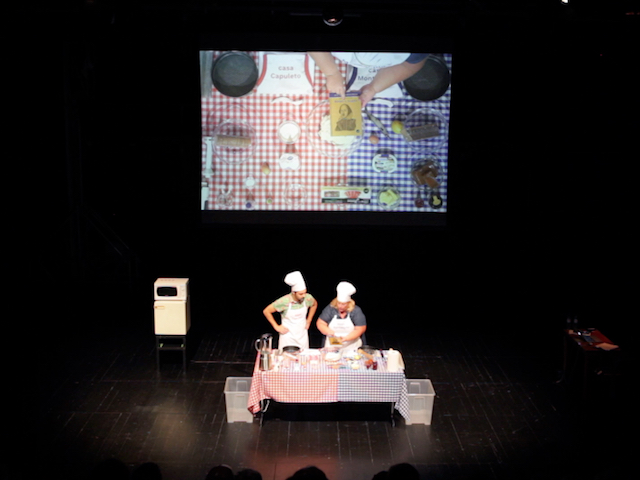![Rosaline’s Curse [based on Romeo and Juliet]](https://globalshakespeares.mit.edu/wp-content/uploads/rosalines-curse-tayebi-masoud-2023.jpg) production
production
Rosaline’s Curse is an adaptation of Shakespeare’s Romeo and Juliet.
After Romeo betrays Rosaline and falls in love with Juliet. She decides to torment their souls with a curse every day. So, every day the two souls inevitably tell the story of their love until their death. Meanwhile, Lucifer helps Rosaline.
 production
production
Romeo & Juliet Zorlu PSM’s “Digital Stage” is now bringing William Shakespeare’s timeless masterpiece Romeo & Juliet to the digital world, thanks to collaboration with Based Istanbul and the contributions…
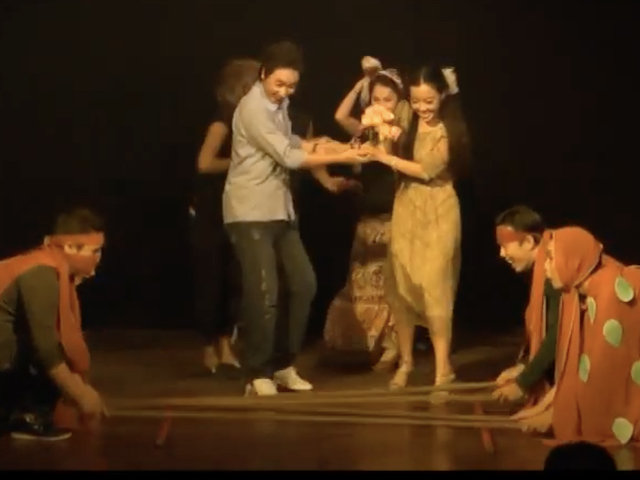 production
production
Romeo and Juliet in Saigon was directed by Khai Thu Nguyen and Cliff Moustache and performed on July 15, 2012. A 50-minute adaptation of Shakespeare, this work is a result of an intensive workshop at the Hat Boi Theater in Ho Chi Minh City. The play uses dance, movement and Hat Boi techniques to tell about the importance of love and the choice one takes about love. Romeo and Juliet want to find the truth of their heart, but have difficulty because those around them are embroiled in conflict. They risk their life for true love.
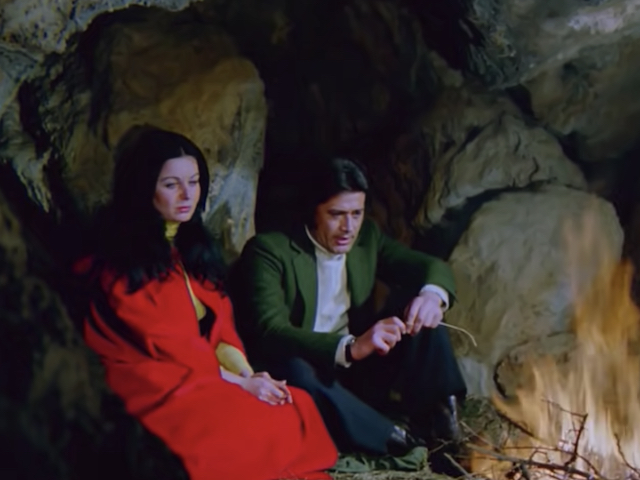 production
production
Murat ile Nazlı (Murat and Nazlı) is a film directed by Memduh Ün in 1972. Domesticising the play’s setting to the Turkish countryside, the film depicts how a blood feud separates two lovers, performed by Cüneyt Arkın and Fatma Girik, for many years only to re-unite them in their old age.
 production
production
Hayat Bayram Olsa (If Life were a Holiday) is a film directed by Orhan Aksoy in 1973. It is a loose and domesticised adaptation of Shakespeare’s Romeo and Juliet. Set in a small town in the seaside where again feuding families try to prevent a happy ending for the lovers, now performed by Kadir İnanır and Hülya Koçyiğit.
 production
production
Full video is available courtesy of Radiotelevisión Española (RTVE). Please note that Televisión Española (TVE) was renamed RTVE from 1980. https://www.rtve.es/alacarta/videos/estudio-1/estudio-1-romeo-julieta/3196610/ Adapter or translator: José Antonio Páramo, based on a…
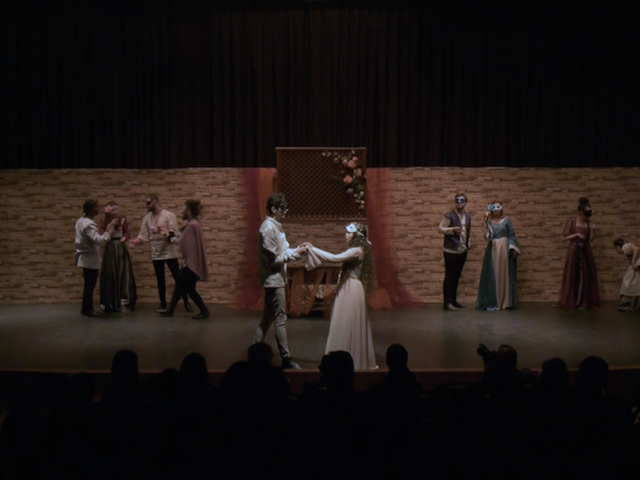 production
production
On the eve of a dark peace, when the shades of sun are too sad to show themselves,a love bushed out of a long-standing hatred. Such a marvelous and sudden love for someone you abhor…In the beautiful city of Verona, the hearts stain with the blood of other hearts.Two unlucky children, Romeo and Juliet, become lovers and the story beginson the edge of pain, exile and death…
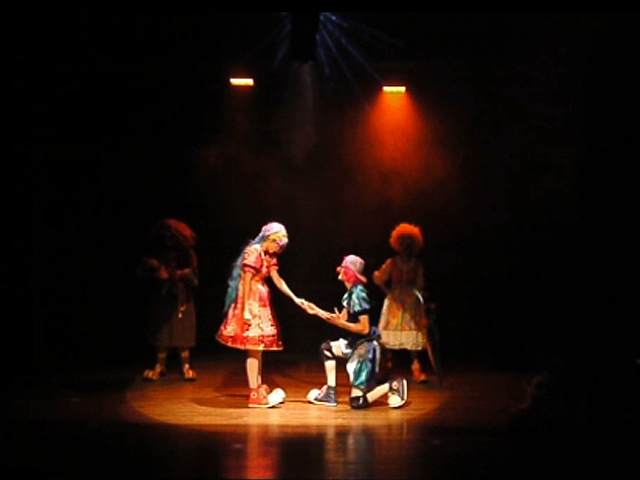 production
production
This production of Romeo and Juliet – Shakespeare For All (Romeu e Julieta – Shakespeare para todos) was performed at the Federal University of Santa Catarina Theater (Teatro da Universidade Federal de Santa Catarina) in Florianópolis, Santa Catarina, Brazil on November, 28th, 2015 by the Elefants Theatre Company (Elefants Companhia de Teatro).
 production
production
Sintang Dalisay was staged by Tanghalang Ateneo and the Ateneo Fine Arts in Kota Kinabalu, Sabah, Malaysia November 1-4, 2017, and directed and adapted by Ricardo Abad (with Guelan Luarca).
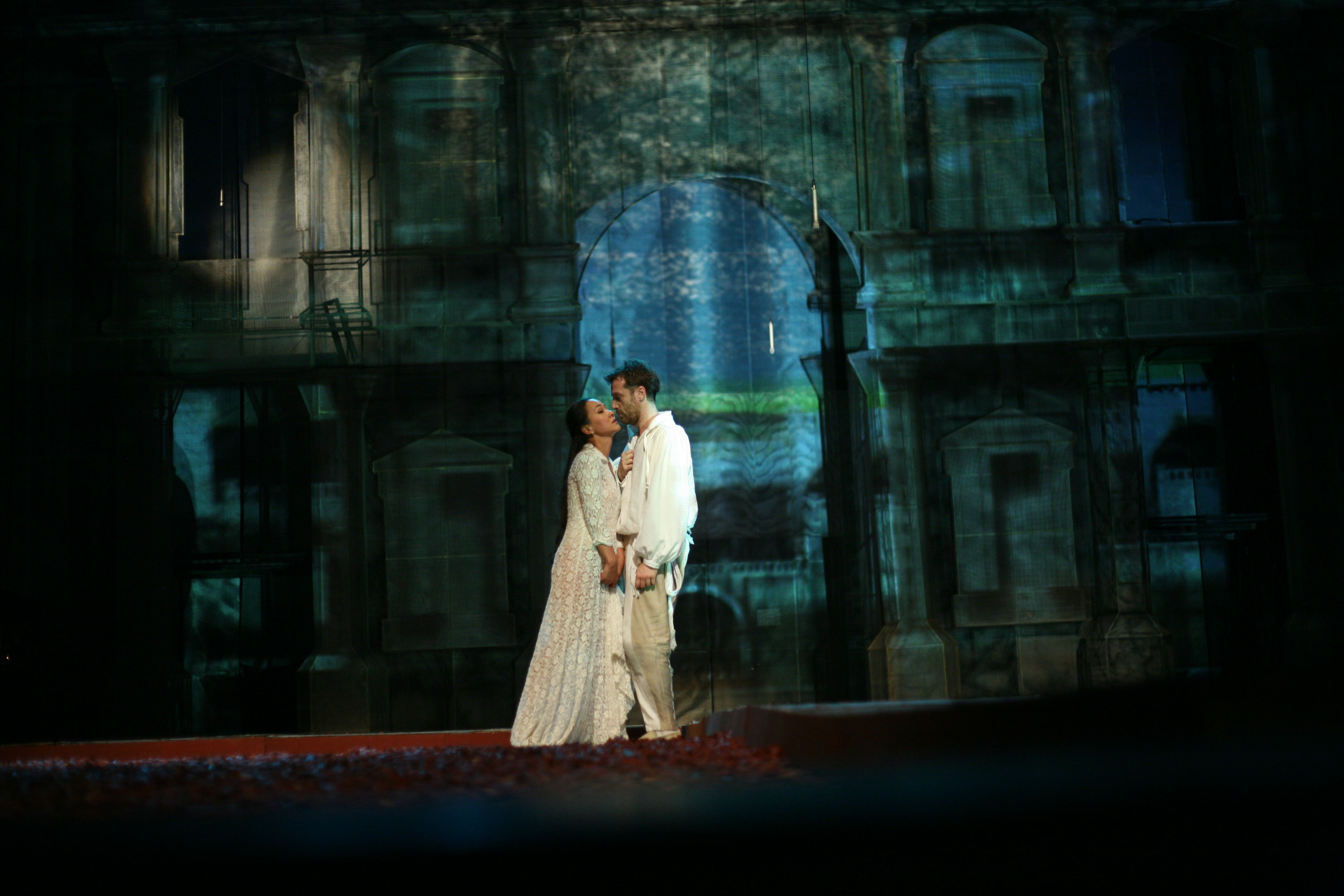 production
production
ROMEO AND JULIET | Vera Komissarzhevskaya Theatre, St Petersburg, Russia | National Theatre Bitola, Macedonia | Director Dejan Projkovski
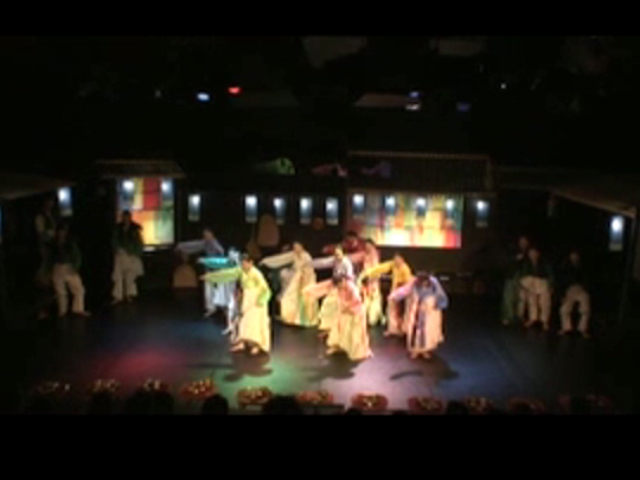 production
production
Romeo and Juliet is Oh Tae-suk’s first adaptation of Shakespeare. His choice was deliberate: Two lovers caught in between warring families in a divided community — a pretty good analogue for the Korean situation. Oh’s adaptation is designed as an apology to Korea’s youth from the older generations for their failure to resolve their country’s troubles.
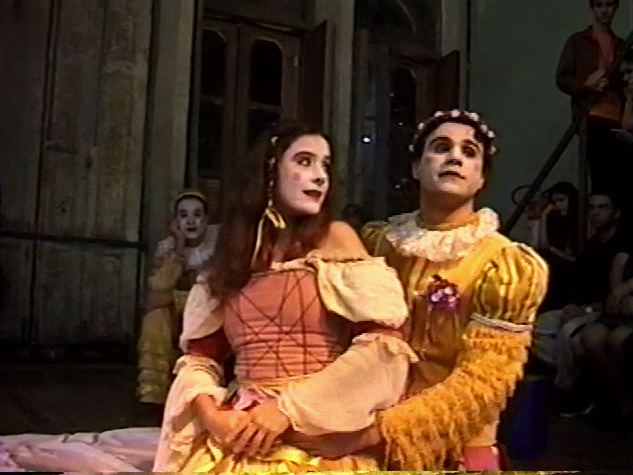 production
production
The Love-Story of Romeo and Juliet (1998-99), directed by Elza de Andrade, is a stage production of a Brazilian textual variation of the story of the star-crossed lovers.
In the Spring of 2008, visiting director Chen Lincang of the National Academy of Chinese Theatre Arts in Beijing worked with students at the Binghamton University Theatre Department to stage a production of Romeo and Juliet. The result was a new interpretation of the play performed in English, but in the beijing opera style.
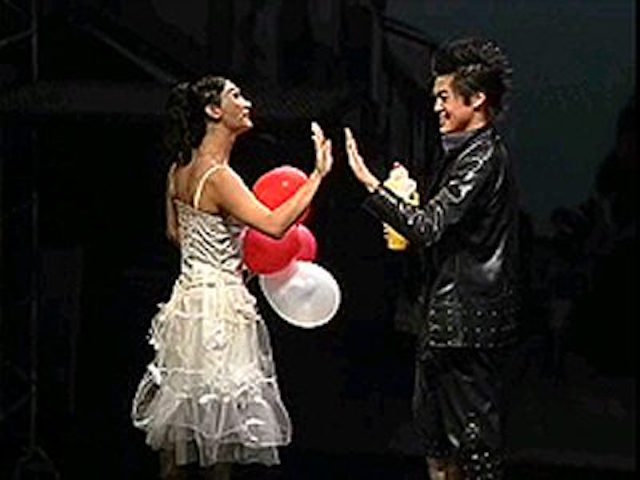 production
production
Romeo and Juliet was staged on February 19, 2009 by the Tainaner Ensemble in Taiwan and directed by Lü Po-shen.
This 2008 production of Romeo and Juliet was set in 1940s/50s Italy, and costumes were inspired by The Sopranos and The Godfather. Director Neil Bartlett also made the decision to have Juliet…
Tromeo and Juliet is a 1997 American independent transgressive romantic black comedy film and a loose adaptation of William Shakespeare’s Romeo & Juliet from Troma Entertainment. The film was directed by Lloyd Kaufman from a screenplay by Kaufman and James Gunn, who also served as associate director.
Romeo and Juliet ’99 was staged in 1999 by the Takarazuka Revue Flower Troupe with performances at the Takarazuka Bow Hall, 6/19 – 7/4. The show was directed by Ueda Keiko.
Part of the Shashibiya Mingju Donghua (Animated Shakespeare) series.
Please visit Oh Tae-suk’s and Mokwha Repertory Company’s 2006 Romeo and Juliet production to watch the full video and read details about Oh’s approach to adapting William Shakespeare’s play, Romeo…
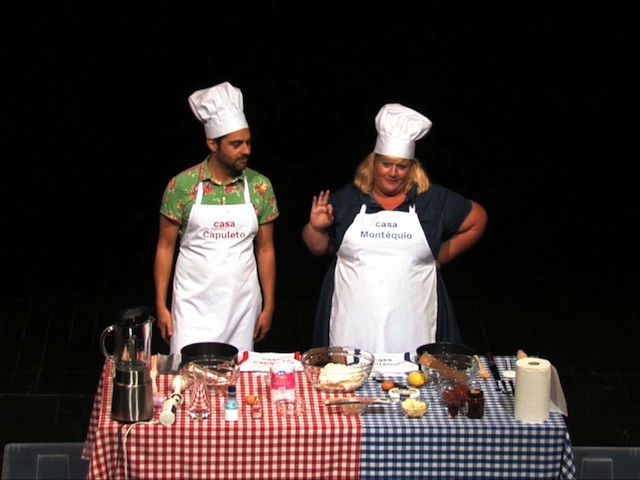 production
production
Based on the classical love story from William Shakespeare, the actors tell the story of this ill-fated romance, mixing it with a cheesecake that takes the name of the protagonists. The blood of the lovers is guava jam, the sword fights are conducted with spatulas and a bite of a Rich Tea biscuit can be a delicious alternative to a broken heart. After the success of Hamlet sou eu and Granda Pinta, Teatro Praga are returning to Teatro Maria Matos with a surprising interpretation of Shakespeare’s classic play.
 blog
blog
Hay Festival in Wales, UK, is the largest literary festival in the world. On our panel with actor Simon Callow on June 3, 2016, we explored issues of censorship in appropriating and teaching Shakespeare. MIT Global Shakespeares co-founder Alexa Alice Joubin spoke at the Hay Festival.
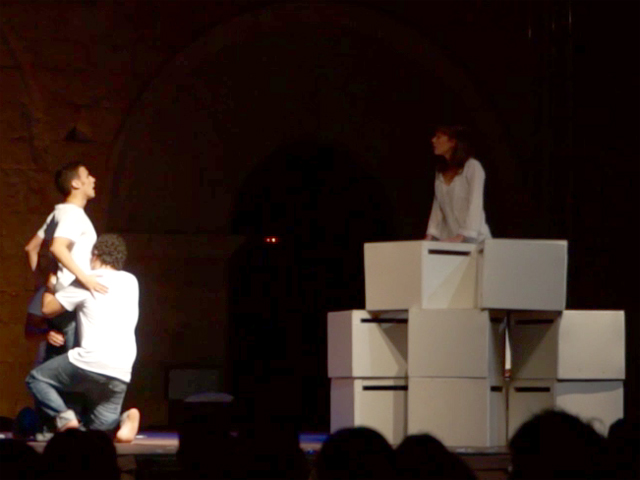 production
production
The worldwide and so many times staged text of Romeo and Juliet by William Shakespeare is performed by a young theatre troupe. Alone on stage, without adults, Romeo, Juliet, Mercutio, Benvolio and the rest of friends that – we suppose – should be on stage, in fact are seen here as an urban tribe, will invade the setting in the same way as if they were in fair Verona. A setting where bodies are both set designs and objects, complements for the body, in the sequence of events for the actor. So we shall see the characters, celebrating their bodies and tender age, in a plaza, dancing, singing, fighting and “playing” to stage Romeo and Juliet, playing that they are going a bit crazy with their tasks. In this manner, clothed with the text and white robes, these young people will go Crazy for Romeo and Juliet (Locos X Romeo y Julieta).
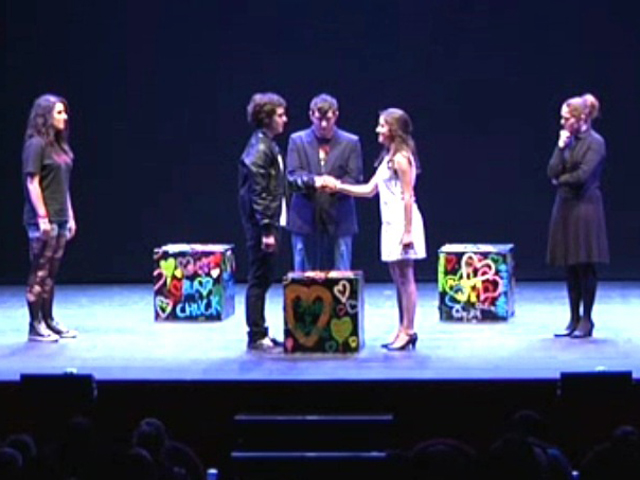 production
production
Romeo y Julieta, a new adaptation of William Shakespeare’s play, Romeo and Juliet, produced by OFF Teatre and directed by José Zamit was performed on July 3, 2012 at the Teatro Olympia in Valencia, Spain. OFF Teatre, an alternative fringe drama school and theatre company founded by Rafael Cruz Izquierdo (Figueres, 1967 – Valencia, 2008) in 2003, has become the benchmark for the independent performing arts in the Valencian Community (Spain). This counter-cultural space, as originally conceived by Cruz, was created in response to those fundamental and collaborative ideas enacted by most European states during the consolidation of the EU at the beginning of the XXI century.
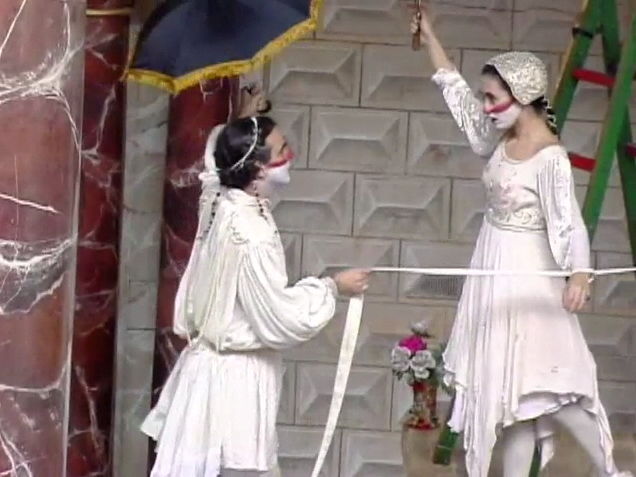 production
production
Grupo Galpão’s Romeu e Julieta is an intercultural adaptation of Shakespeare’s Romeo and Juliet, a production that intentionally draws on a range of popular practices such as street theatre, circus performance and the tradition of the commedia dell’arte, as well as on elements from the cultural imaginary of Minas Gerais in southeast Brazil. This production was staged in 2000 at the Globe Theatre in London.
 production
production
Grupo Galpão’s Romeu e Julieta (1992), directed by Gabriel Villela, is an intercultural adaptation of Shakespeare’s Romeo and Juliet, a production that intentionally draws on a range of popular practices such as street theatre, circus performance and the tradition of the commedia dell’arte, as well as on elements from the cultural imaginary of Minas Gerais in southeast Brazil.
 blog
blog
An actor from China’s Zhejiang Kunju Troupe walking down Henley Street, Stratford-upon-Avon.
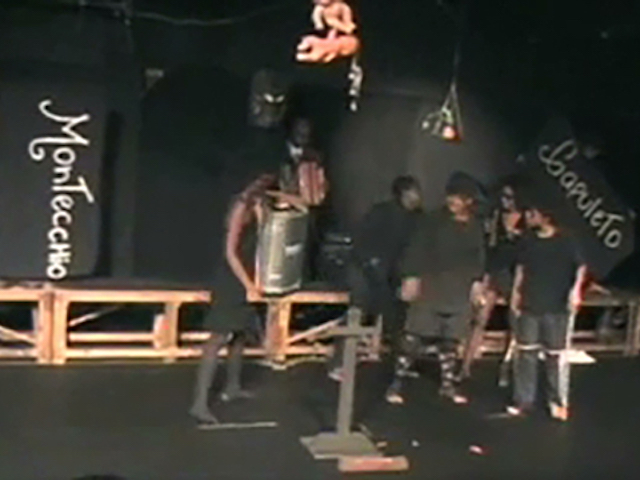 production
production
Nós do Morro – Romeu e Julieta: Ontem Verona, Hoje Vidigal (2009) (Yesterday Verona, Today Vidigal). This is an amateur children’s production of Romeo and Juliet. The group of children…
William Shakespeare’s Romeo + Juliet is a 1996 American romantic crime tragedy film directed, co-produced, and co-written by Baz Luhrmann, co-produced by Gabriella Martinelli, and co-written by Craig Pearce. It is an adaptation and modernization of William Shakespeare’s tragedy Romeo and Juliet. The film stars Leonardo DiCaprio and Claire Danes in the title roles of two teenagers who fall in love, despite their being members of feuding families. Brian Dennehy, John Leguizamo, Pete Postlethwaite, Paul Sorvino and Diane Venora also star in supporting roles.
 production
production
Romeo Must Die is a 2000 film about a gang war that breaks out between an African American gang and an Asian gang in Oakland, CA. The plot is similar to that of Romeo and Juliet and featured famed martial arts star Jet Li and singer Aaliyah in her first movie debut.
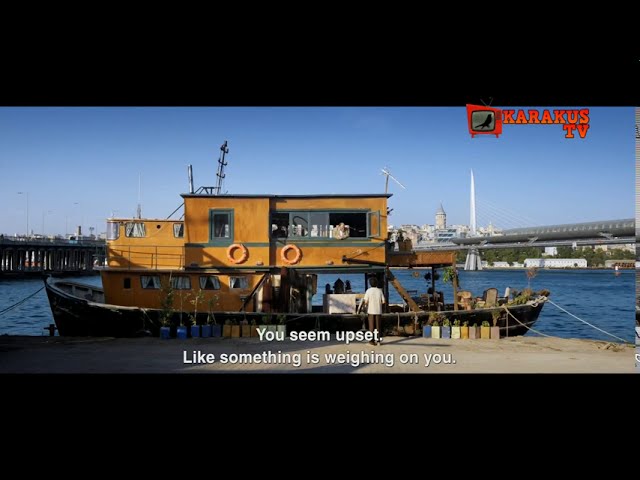 production
production
Kırık Kalpler Bankası (The Bank of Broken Hearts) is a film directed by Onur Ünlü in 2016. Ünlü, also the scriptwriter of the film, adapts Shakespeare’s Romeo and Juliet by shifting the family feud to enmity between two local football teams in İstanbul. The rivalry between Yeşil Takım (Green Team) and Mor Kulüp (Purple Club) emanates from a personal grudge between Yusuf Yağmur (Haluk Bilginer) and Rüstem Tor (Ahmet Mümtaz Taylan), both of whom are acting like football coaches of these teams.
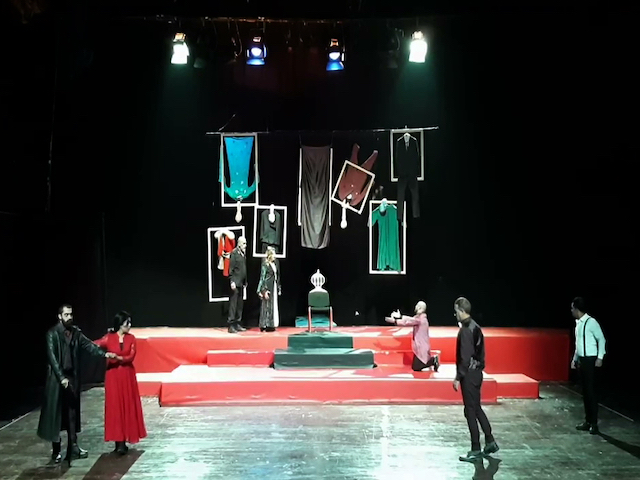 production
production
Ophelia’s Window was performed in 2020 in Baghdad, Iraq and directed by Monadhil Daood, who previously directed “Romeo and Juliet in Baghdad” and performed in other Shakespeare-derived Arabic plays including Sulayman Al-Bassam’s “Al-Hamlet Summit” (as Polonius) and “Richard III” (as Catesby).
Exiled Iraqi playwright and director Jawad al-Assadi wrote and originally staged the play Ophelia’s Window in 1994 in Cairo, Egypt. The play (loosely allegorizing Saddam Hussein as Claudius) was later published as Forget Hamlet in 2000; this is its first performance inside Iraq. Margaret Litvin, Associate Professor of Arabic and Comparative Literature at Boston University, has translated the play into English.
Synopsis
Ophelia watches Claudius murder the king and inaugurate a reign of terror unopposed by passive Hamlet. Claudius orders blind dissident Laertes tortured and liquidated; silences Gertrude; tries to seduce Ophelia; and sends two goons to assassinate Hamlet. A pair of gravediggers provides sarcastic commentary throughout.
8 päivää ensi-iltaan (Eight days to the premiere) is a Finnish film inspired by Romeo and Juliet.
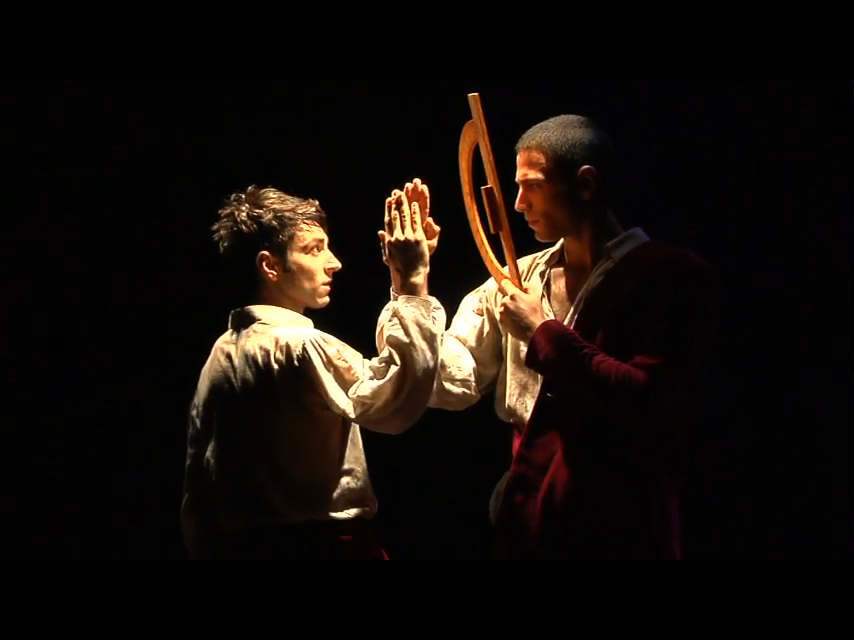 production
production
In the same vein as Dead Poet’s Society, the story is set in the repressed atmosphere of an all male boarding school where four students engage in a clandestine reading of Romeo and Juliet. As the boys express their repressed emotions and passions through Shakespeare’s verse, they start to merge with the roles of the characters in Romeo and Juliet, and the tale blurs the boundaries between reality and fiction.
 production
production
Bobby is a Bollywood adaptation of Romeo and Juliet. Raj, the son of strict, wealthy parents, falls in love with Bobby, the daughter of a poor Christian fisherman — a romance his parents oppose.
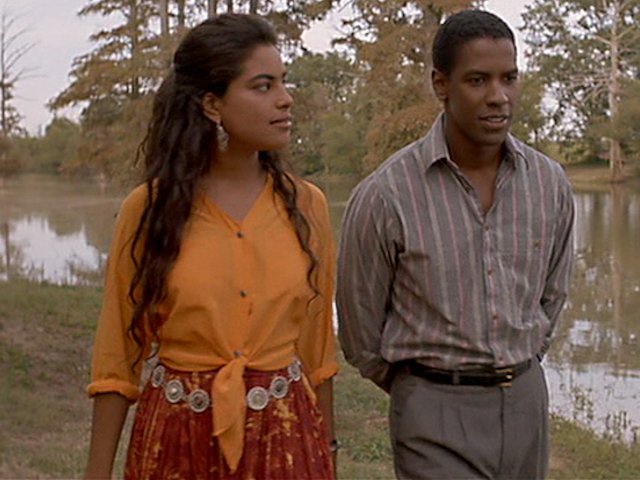 production
production
Mississippi Masala is a 1991 film inspired by Shakespeare’s Romeo and Juliet about the interracial romance between an African American man and an Indian American woman in rural Mississippi.
 production
production
Josh was a 2000 film directed and co-written by Mansoor Khan and inspired by Shakespeare’s Romeo and Juliet. The movie takes place in 1980 and is set in Goa, India. The story is centered around two rival gangs. The younger brother of one gang leader falls in love with the twin sister of the other gang leader.
 production
production
Chicken Rice War (Jiyuan qiaohe, dir. Chee Kong Cheah [CheeK], Mediacorp Raintree Pictures, 2000).
Supported by the Singapore Film Commission (SFC) and shot as a mockumentary with MTV-style rapid cuts and whooshing camerawork, the comedy film is Mediacorp Raintree Picture’s first movie primarily in English and the first feature-length work by CheeK, editorial director of MTV Asia (headquartered in Singapore). It frames and trivializes the feud in Romeo and Juliet by reducing the generations-old dispute between the aristocratic Montague and Capulet families, leading to bloodshed, to the rivalry between the Wong and Chan families, who own competing chicken rice stalls next to each other in a hawker center (semi-open-air food court) in the prosperous city-state.
 production
production
Hamlet “Digital Stage” is a new online series produced by Zorlu PSM in collaboration with Based Istanbul and sponsored by Türk Tuborg A.Ş. Directed by İbrahim Çiçek, one of the…
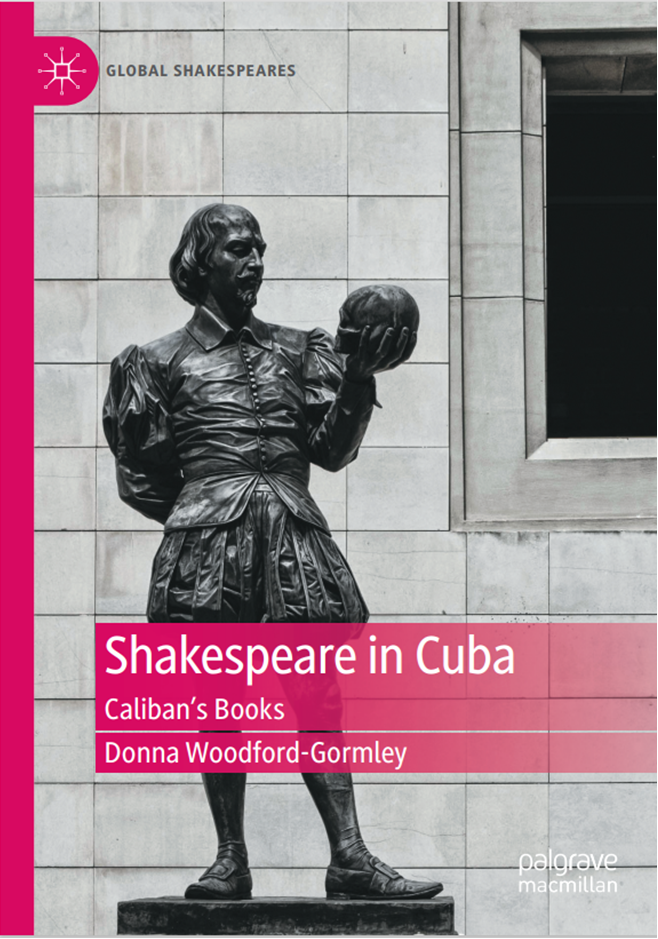 blog
blog
Donna Woodford-Gormley‘s new book, Shakespeare in Cuba (2021), uses the lens of cultural anthropophagy to explore Cuban adaptations of Shakespeare. According to the theory of cultural anthropophagy, or literary cannibalism, a culture, like Cuba, can consume Shakespearean plays, but digest them and embody them in new ways, giving life to both the consumed and the consumer. The theory has its roots in Latin America, and so it is an appropriate tool for examining how Shakespeare’s plays have been consumed, digested, and embodied in Cuban forms, but it is also an inclusive theory that places neither culture in a position of subservience and allows all to join the feast.
 production
production
Building upon Jacques’ theatrum mundi trope, 7 Şekspir Müzikali visualises the seven ages of man from cradle to grave. Being a collection of several excerpts from different translators, including those made by the London Academy of Music and Dramatic Art (LAMDA) alum Haluk Bilginer (1954-…) himself, the musical is built upon Bilginer’s almost one person performance where the rest of the cast as female fools accompany his dancing and singing through a well-choreographed pace. Performing all seven stages of man singlehandedly by referring to social and theatrical issues alike, Bilginer displays his great acting and life-long love relationship with Shakespeare in this almost two-hour musical.
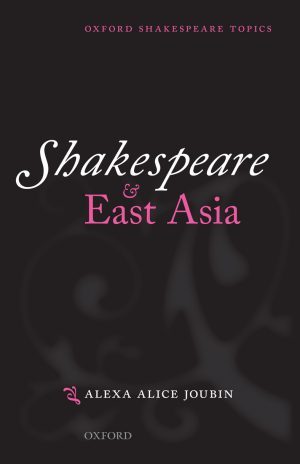 blog
blog
Shakespeare and East Asia (2021) explores distinctive themes in post-1950s Asian-themed performances and adaptations of Shakespeare. In this Fulbright Snapshot, Alexa Alice Joubin discusses the book and the importance of wider research into Global Shakespeares.
 blog
blog
The second annual Shakespeare Festival in Turkey took place on April 5-20, 2019 co-chaired by Prof. Dr. Ömer Sekerci and Dr. İlker Özçelik of Suleyman Demirel University. With a total of 26 events over 14 days including six live performances, three recorded performances and a multi-speaker conference, the festival consisted of a wide range of exciting events held in Isparta, İstanbul, Ankara, and İzmir.
 blog
blog
Dr. Ömer Sekerci and Dr. İlker Özçelik of Suleyman Demirel University organized the “1st Shakespeare Festival” in Turkey and the “2nd International Conference on English Language and Literature” which took place April 20-30, 2018 in Isparta, Turkey.
 blog
blog
The Lancaster Campus of HACC, Central Pennsylvania’s Community College, hosted its fourth annual humanities symposium from April 11-13, 2017. The three-day event, titled “Shaking Out Shakespeare,” attracted over 600 students, faculty, and community members, and explored the profound influence of William Shakespeare on the arts, humanities, and sciences.
 blog
blog
Throwing a good party takes an inordinate amount of work, and Shakespeare commemorations are no different. I’m sure many of the organizers of the myriad events honoring Shakespeare’s death (and more optimistically, 400 years of afterlife) at some point during 2016 thought, “Why did I get myself into this?” Some of their other guests may too have shared a sense of the irony—dare we say overkill?—in making a bigger deal of the death than the 450th birthdate two years prior.
 blog
blog
Excerpt: When the first Critical Survey special issue on Arab Shakespeares (CS 19:3, Winter 2007) came out nearly a decade ago, the topic was a curiosity. There existed no up-to-date monograph in English on Arab theatre, let alone on Arab Shakespeare. Few Arabic plays had been translated into English. Few British or American theatregoers had seen a play in Arabic. In the then tiny but fast-growing field of international Shakespeare appropriation studies (now ‘Global Shakespeare’) there was a great post-9/11 hunger to know more about the Arab world but also a lingering prejudice that Arab interpretations of Shakespeare would necessarily be derivative or crude, purely local in value.
 blog
blog
How do Arab theatre makers navigate a “World Shakespeare” festival, maneuvering between interesting times in their home countries and the expectations of British and global funders and audiences? A recent article by Margaret Litvin, Saffron Walkling, and Raphael Cormack explores some of the contingencies, ironies, and unexpected beauties of these collaborations.
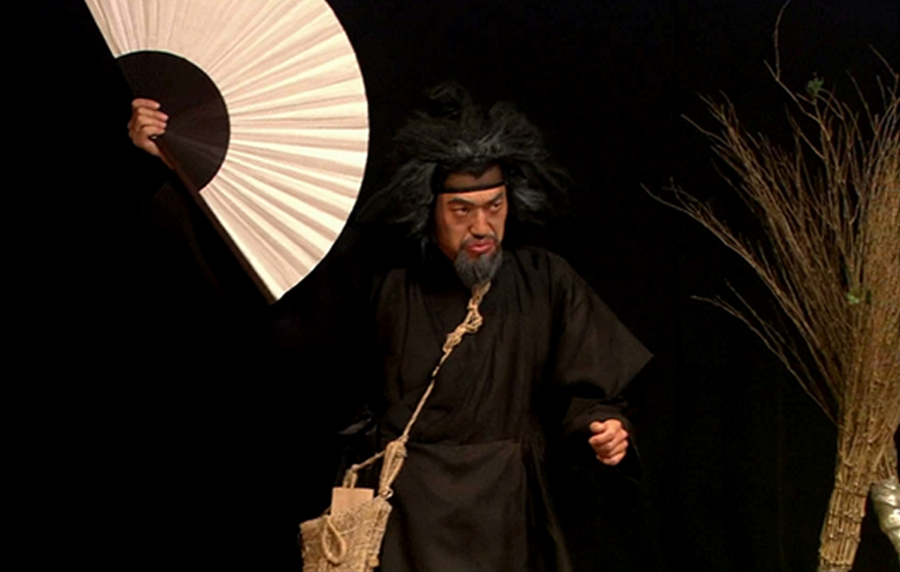 blog
blog
Video highlights from the Korean Tempest film screening and colloquium which took place in Washington, D.C. November 4-5, 2011.
This adaptation of The Taming of the Shrew is one of three significant Filipino productions based on Shakespeare’s works. The other two are a 2004 A Midsummer Night’s Dream starring Ron Capinding…
Set in Auckland, New Zealand, Broken English is a film inspired by Shakespeare’s Romeo and Juliet and directed by Gregor Nicolas. Many years ago, Ivan (Rade Serbedzija) fled his native Bosnia,…
Flower from the Other Shore is a production of Romeo and Juliet performed by the Holo Taiwanese Opera Troupe in 2001.
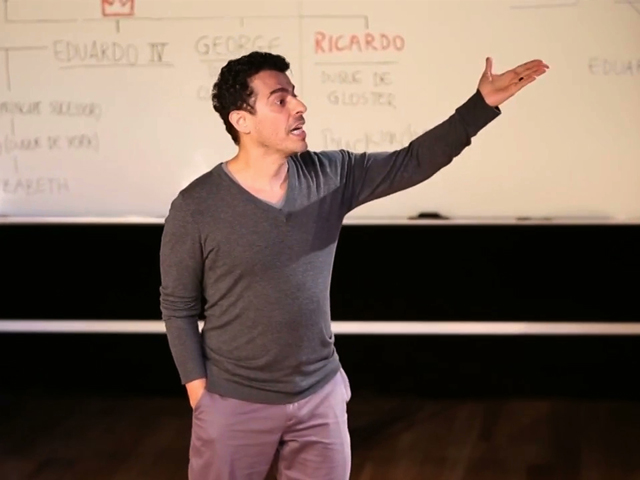 production
production
Gustavo Gasparani and Sergio Módena adapted William Shakespeare’s Richard III into a one man show with Gasparani playing 26 different characters. The text was reworked into a script that introduces a Narrator who conducts the plot and resorts to omissions, additions and interpolations. There are no changes in terms of time or setting. Simplicity sets the tone of the production; set and costume design elements are reduced to a minimum, to stimulate the audience’s imagination. The resources employed aimed at adding a touch of humor and lightness to the story, as well as resonating with the reality and the collective imagination of Brazilian audiences.
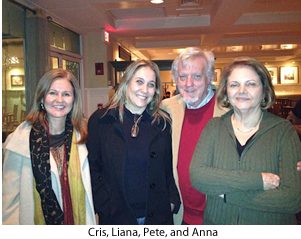 blog
blog
Global Shakespeares editors for Brazil — Liana de Camargo Leão, Anna Stegh Camati, and Cris Busato Smith — traveled to Boston to attend the 2012 Shakespeare Association of America conference.
![Rosaline’s Curse [based on Romeo and Juliet]](https://globalshakespeares.mit.edu/wp-content/uploads/rosalines-curse-tayebi-masoud-2023.jpg)













